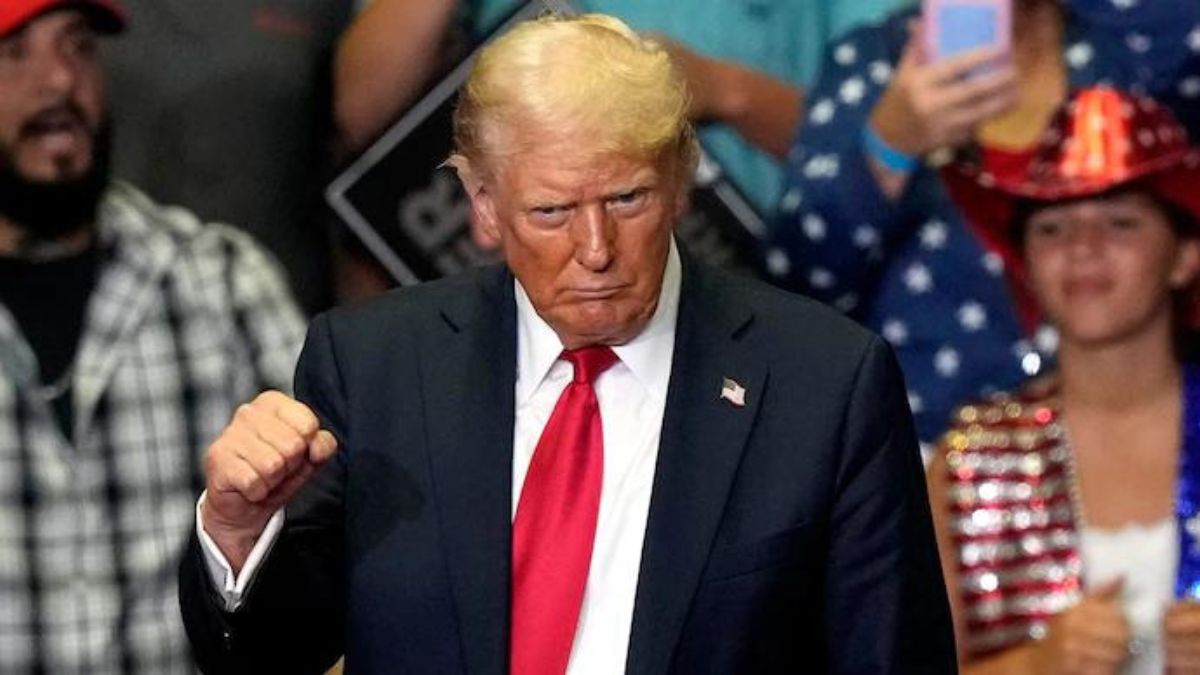NASHVILLE — Former President Donald Trump, speaking at the 2024 Bitcoin Conference in Nashville, did not commit to creating a U.S. bitcoin strategic reserve, as some crypto enthusiasts had hoped. Instead, Trump promised to maintain the current level of bitcoin holdings acquired through asset seizures from financial criminals.
In his keynote address, Trump emphasized the importance of holding onto bitcoin. “For too long our government has violated the cardinal rule that every bitcoiner knows by heart: Never sell your bitcoin,” he said. “If I am elected, it will be the policy of my administration to keep 100% of all the bitcoin the U.S. government currently holds or acquires into the future.”
Trump’s commitment aligns with the crypto community’s practice of holding bitcoin through market fluctuations. Currently, the U.S. Marshals Service auctions off seized cryptocurrencies, a practice that can influence market prices. In contrast, Trump’s proposal does not include a plan to build a substantial bitcoin reserve.
This cautious stance contrasts with Robert F. Kennedy Jr.’s more ambitious proposal. Kennedy has advocated for creating a “bitcoin Fort Knox” and purchasing a million bitcoins to match the country’s gold reserves. His plan includes an executive order for the U.S. Treasury to buy 550 bitcoins daily, a move that would significantly reshape the cryptocurrency landscape.
Trump’s reluctance to adopt such a sweeping policy reflects the complexities of implementing a bitcoin reserve. Establishing such a reserve would require new legislation and congressional approval, beyond the scope of an executive order alone. Sen. Cynthia Lummis of Wyoming announced plans to introduce legislation supporting a strategic bitcoin reserve, aiming to acquire 1 million bitcoins over five years. This reserve would be intended to help reduce the federal debt and bolster the dollar against inflation.
The U.S. government’s existing bitcoin holdings come from high-profile financial crime investigations. A bitcoin reserve would initially rely on these assets, with further acquisitions potentially funded by taxpayer money or Treasury funds. Lummis’ proposed legislation suggests using existing Treasury resources, which would involve taxpayer contributions.
Achieving a bitcoin reserve would likely require significant Republican support, including control of the White House, Senate, and House. With current political dynamics and potential shifts in the 2024 elections, the path to such legislation remains uncertain.
The creation of a national bitcoin reserve would elevate the cryptocurrency’s legitimacy, building on its recent inclusion in U.S. markets through spot bitcoin exchange-traded funds. While such a move could significantly increase bitcoin’s value, it would also create substantial market and regulatory shifts.
Currently, bitcoin’s price remains steady around $68,000, reflecting the market’s mixed reaction to Trump’s more conservative approach. The potential for a bitcoin reserve continues to be a topic of debate and speculation within both political and crypto circles.


